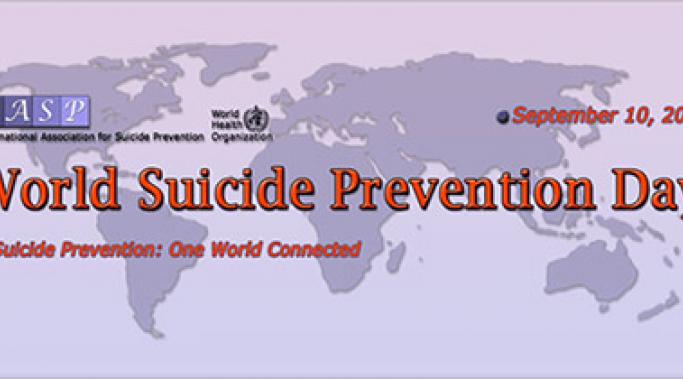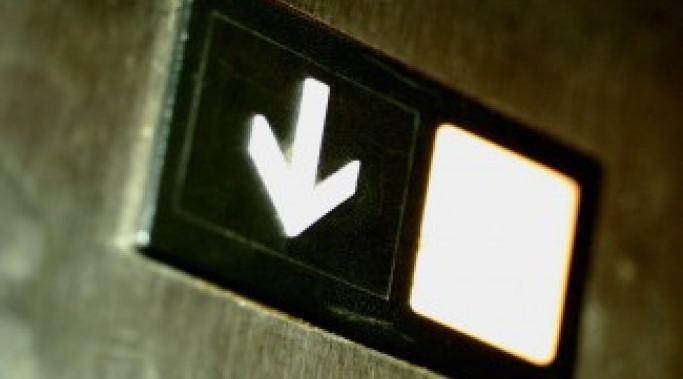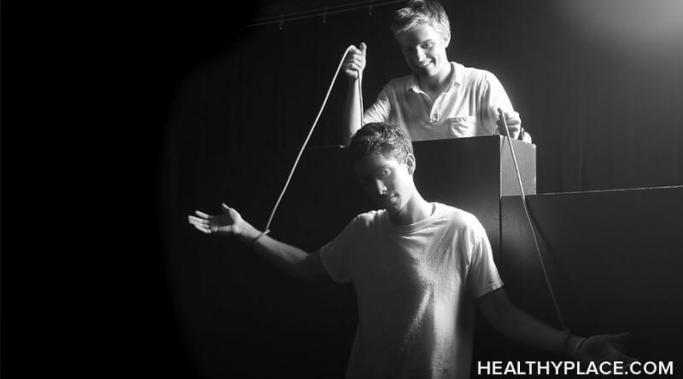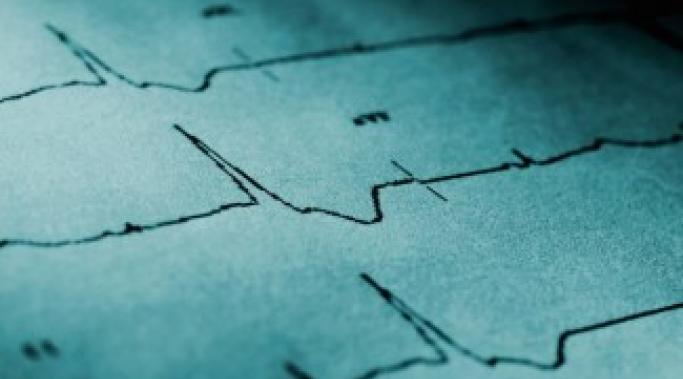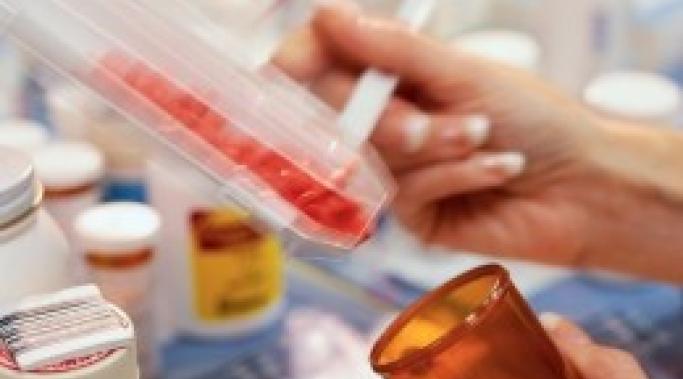In the United States, one person every 13.3 minutes dies of suicide. Suicide is the 2nd leading cause of death among young people (15-24). More people are killed by suicide than by homicide and yet it’s never suicide that people fear.
Some people say that no matter what we do, there will always be suicide so efforts to stem the tide of deaths are pretty much useless.
I say that’s poppycock.
I say we should aim for zero suicides. I believe that not one more life should be lost.
And suicidologists (yes, that’s a thing) would agree with me. September 10th is International World Suicide Prevention Day. Here’s what you need to know about predicting and preventing suicides.
Breaking Bipolar
Living with bipolar disorder has its ups and downs. Okay, I guess that goes without saying, but in this case, I’m not talking about hypo/manias and depressions, I’m just talking about good days and bad days. Everyone has them, although, for people with bipolar disorder they are more exaggerated.
Likely, if you’re in treatment, your down days are lessened, but I think for everyone they still occur. But what happens when you seem to just have downs?
People judge others. It’s just what we do. It’s basic human psychology. We judge them as beautiful or not. We judge them as happy or not. And fairly frequently, we judge them as being successful or not.
And this goes for people with bipolar disorder too. Often people look at the lives of others with bipolar disorder and determine whether they are “well” or “sick” and how successful that person with bipolar disorder really is.
There’s just one problem with this: looking at a person with bipolar from the outside only tells half the story (if that).
I eat too much ice cream. I admit it. Häagen-Dazs and I have far too close a relationship. And the fact that this close relationship exists indicates that I’m losing a battle with my bipolar brain.
If you haven’t heard the tragic news, I’m very sorry to tell you that Robin Williams died by apparent suicide, Monday, August 11, 2014. He was 63 years old. Williams suffered from substance abuse issues and likely bipolar disorder (his depression was confirmed recently by his publicist, bipolar not as much).
In other words, we lost one of us. We lost one of the bipolar/depression community at large. And the stark reality of losing a person with a mental illness who is so incredibly brilliant, talented and outwardly happy can easily bring about feelings of depression, anxiety and even our own thoughts of suicide. All of us, myself included, need to react to this tragically genuinely, but without allowing it to make our own mental health or depression worse.
I’ve been writing about bipolar disorder for 11 years and I’ve been a professional in the field of mental illness for about four. In other words, I’ve been thinking about bipolar disorder, a lot, for a very long time.
And I’m not the only one. Whether you happen to write about bipolar or just suffer from it, bipolar can easily inhabit your life 24/7. There’s the bipolar routine, medications, sleep cycle worries and many, many other things that, when dealing with bipolar, creep into your daily life.
But sometimes it’s really important to forget about bipolar disorder for a while.
In a traditional model of bipolar disorder, a mood episode (depression/mania/hypomania) lasts (untreated) for a prolonged period of time. Typically, an episode will last from weeks to months. In a traditional model, people with untreated bipolar disorder only experience three or fewer mood episodes per year.
To many people that actually sounds like a great blessing because, for many people, mood changes come far more rapidly. People who experience more than three mood episodes per year have what’s known as rapid cycling bipolar disorder. People who have moods that only last days have ultra-rapid cycling bipolar disorder.
And people whose bipolar moods last less than that? That’s known as ultradian cycling bipolar disorder.
I have commented in my writings that, sometimes, I use dissociation as a coping technique. Now, I’m not saying this is the best thing to do nor am I suggesting that it’s professional-recommended, I’m just saying it’s what I do to get through the day at times.
So, people have asked me, what is dissociation? Does dissociation help or hurt someone with bipolar disorder?
I have had years of therapy in my life to deal with bipolar disorder (and other assorted issues). I would say, at least 15. It makes my head spin thinking of all the therapists I have talked to in my time.
But I admit, I’m not in therapy now. I know, as a role model I probably should stand up and say that everyone needs therapy all of the time but I don’t think that. I think that you can outgrow therapy for bipolar disorder.
As many of you have heard by now, the drug ketamine is being investigated as an antidepressant. Yes, the drug known on the street as “Special K” causing it’s users to fall into a “k-hole” is being researched for clinical, antidepressant use. Ketamine has shown promise both in unipolar and bipolar depression.
There are many problems with ketamine, though, not the least of which being that it’s a scheduled substance in the United States and thus very hard to get your hands on. It can be done but it’s awfully pricey. There are also substantial side effects like hallucinations to worry about. (Ketamine is typically used as an anaesthetic in medicine.)
Luckily, there is a chemical cousin of ketamine on the horizon that appears to work in a similar way to ketamine but without all the unfortunate side effects.
